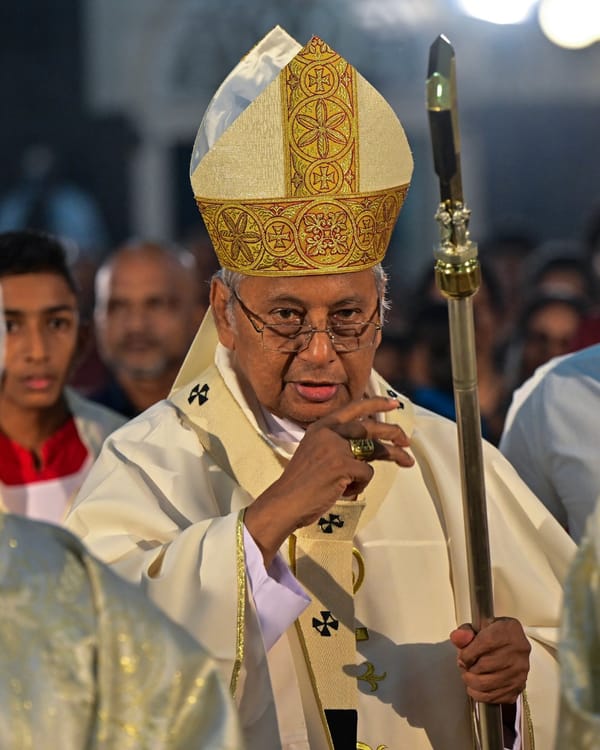
U.S. Submarine Sinks Iranian Warship Near Sri Lanka, Drawing Island Into Expanding Conflict
GALLE, Sri Lanka — Sri Lanka found itself unexpectedly drawn into a widening Middle East conflict on Wednesday after the United States confirmed that one of its submarines had torpedoed and sunk an Iranian warship in waters less than 40 nautical miles off the island’s southern coast. U.S. Defense Secretary Pete Hegseth said at a briefing in Washington that an American submarine had destroyed the Iranian frigate IRIS Dena with a torpedo. The strike, he said, was part of a broader campaign target

Our Reporter






































